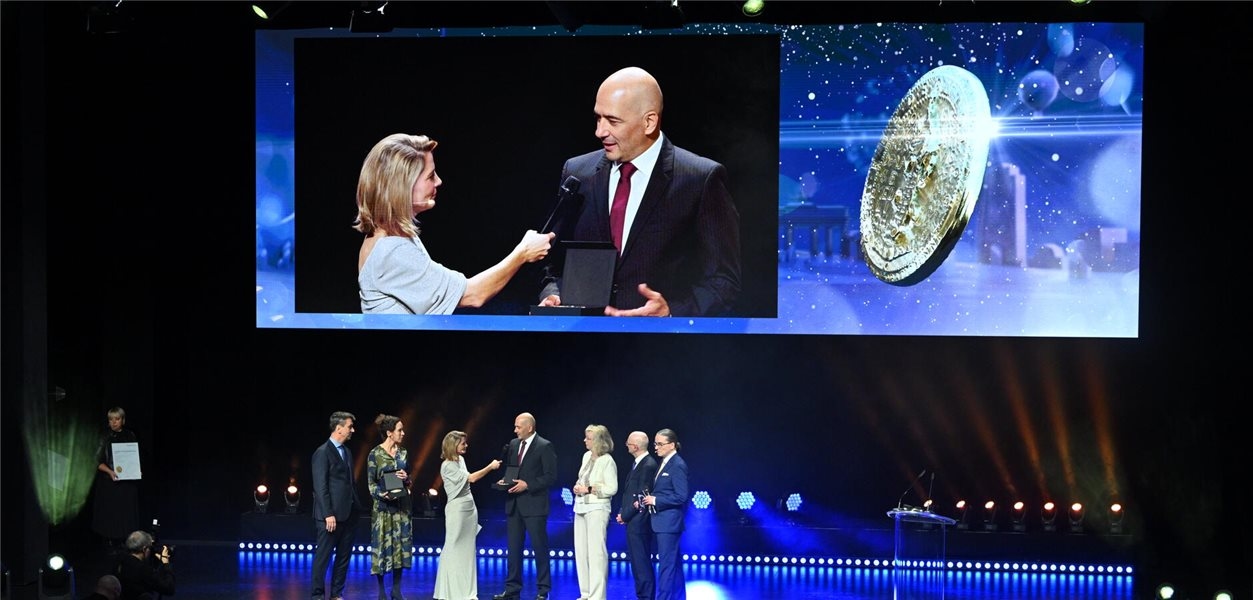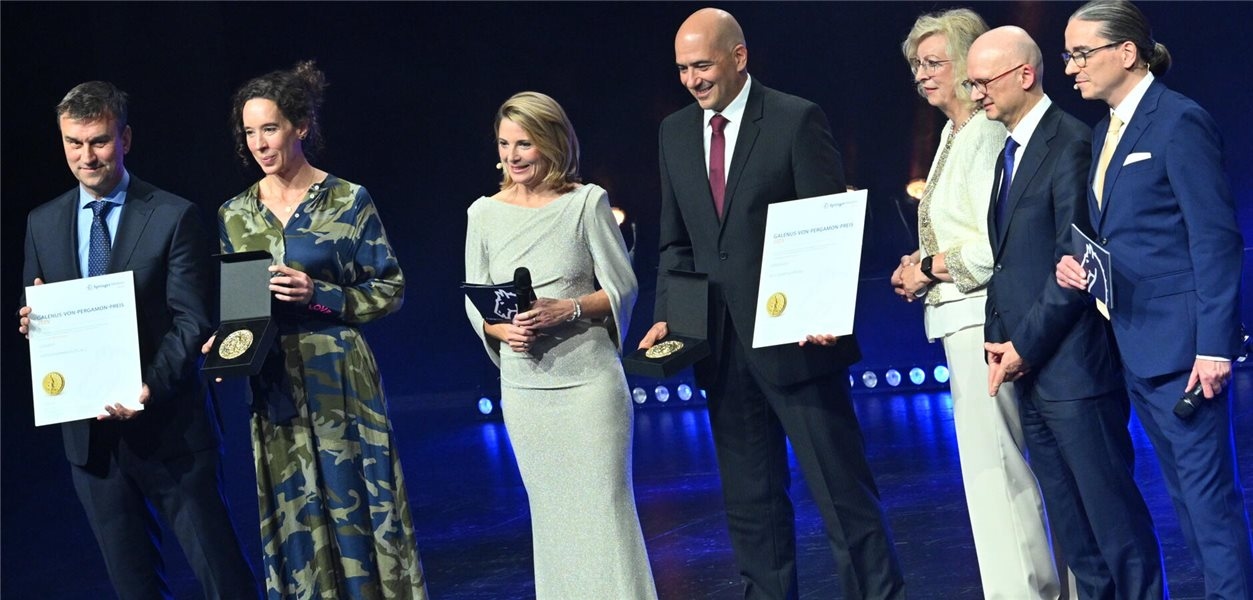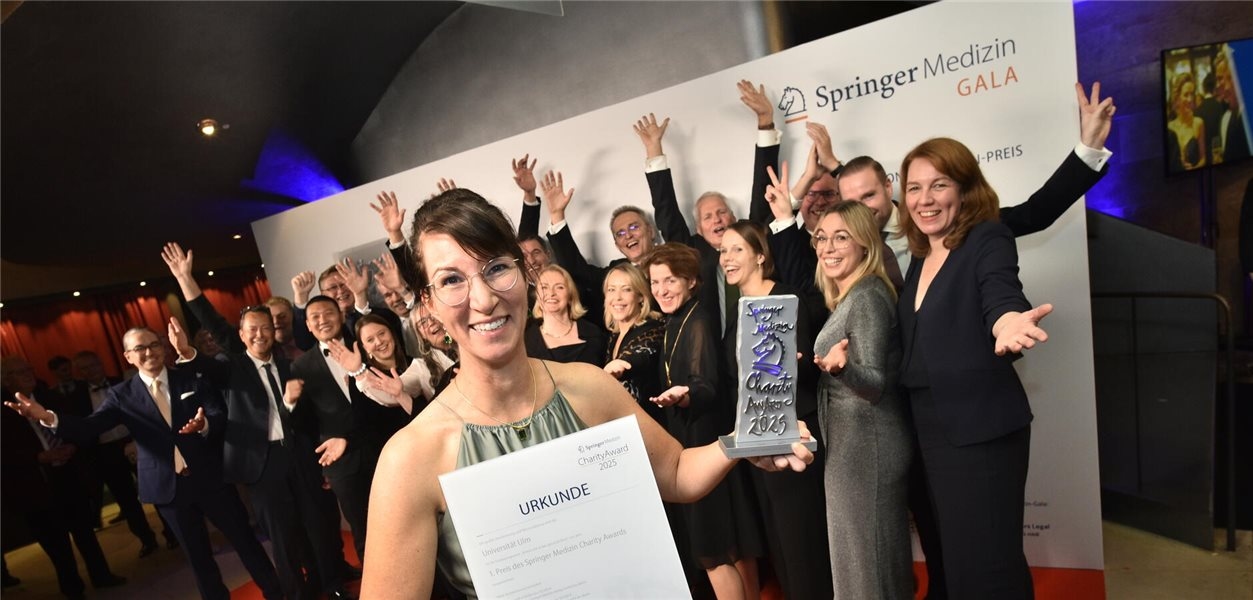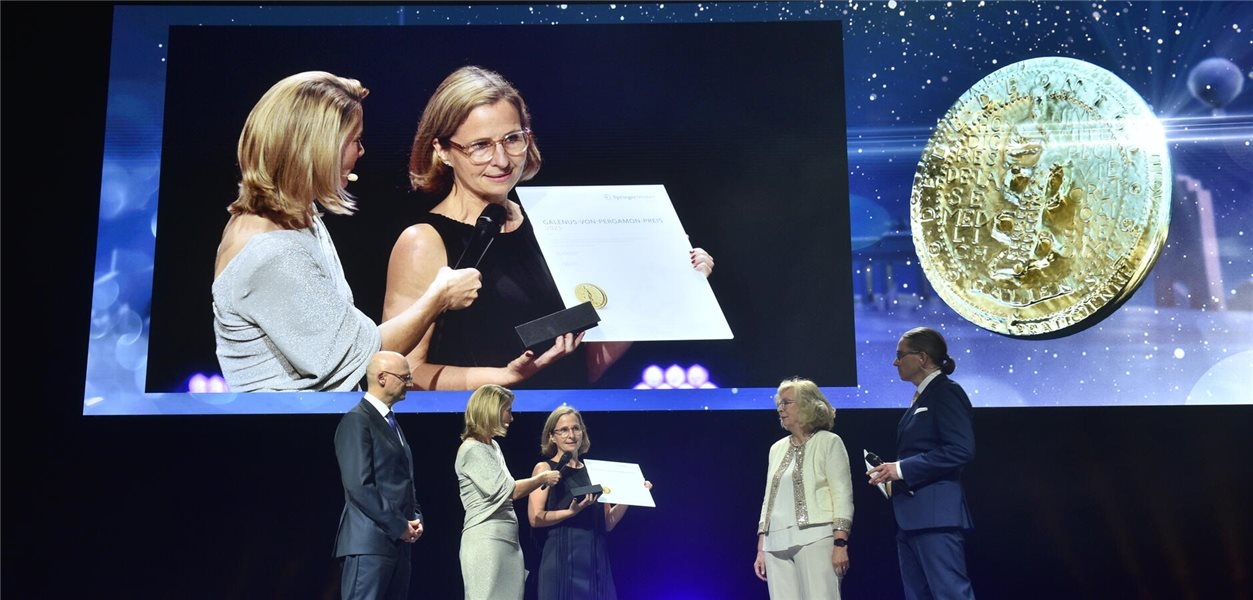No idea about resuscitation? Students impart competence
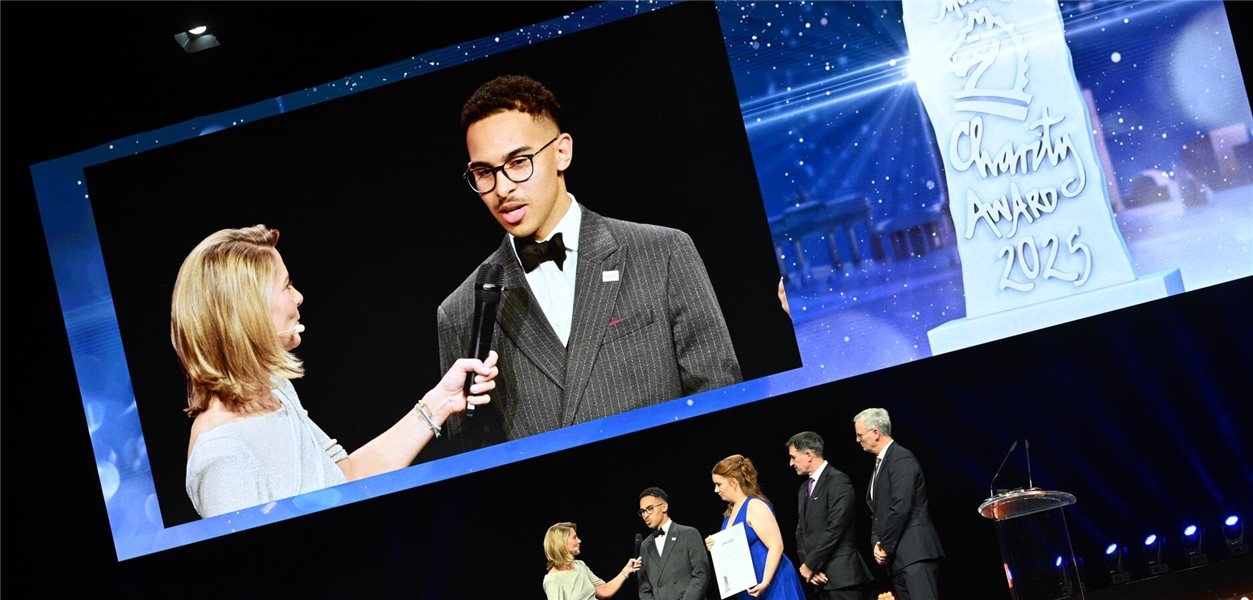
"Imagine this: You're strolling unsuspectingly through the market and you see someone suddenly collapse in front of you. You hear a loud groan. A fall follows. Unconsciousness. Gasping for breath. Cardiac arrest. Do you know what to do?"
With this question, students of the nationwide “First Aid for All” campaign are trying to get other students on board for their educational work.
The arguments they use to drum up support for their work leave no doubt: Despite the best medical care and rapid response by emergency services, only 11 percent of those affected by out-of-hospital cardiac arrest survive. The reason: Only 55.4 percent of the population has practical, applicable knowledge of first aid, especially resuscitation.
After a cardiac arrest, every second countsThe invitation to other students to participate in the project is based on hard facts and an honest question: "You can easily calculate your chances of being rescued in such a situation! When was your last first aid course?"
"I took my first aid course at the age of nine," said Tyrese-Malik Neumann-Hamid, President of the German Medical Students' Association (bvmd), at the Charity Awards ceremony in Berlin on Tuesday evening. It's never too early to start learning first aid.
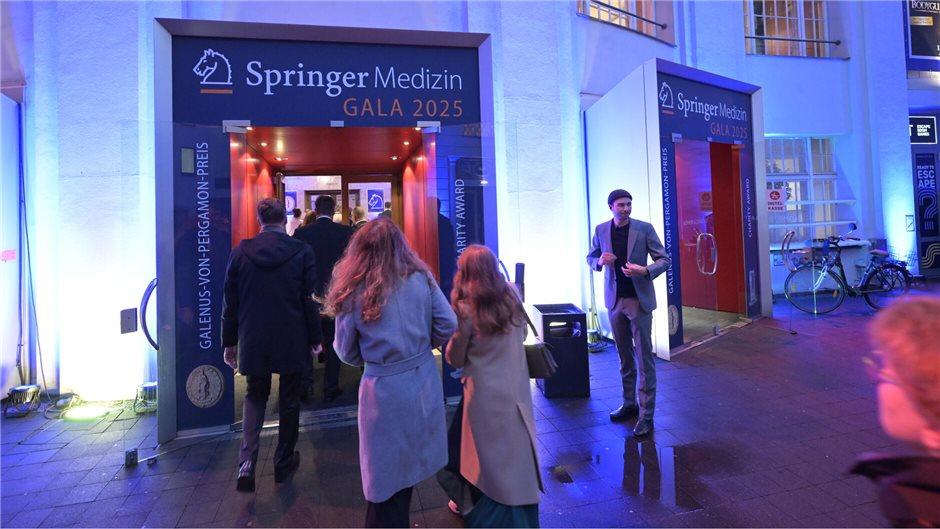
© Jens Jeske
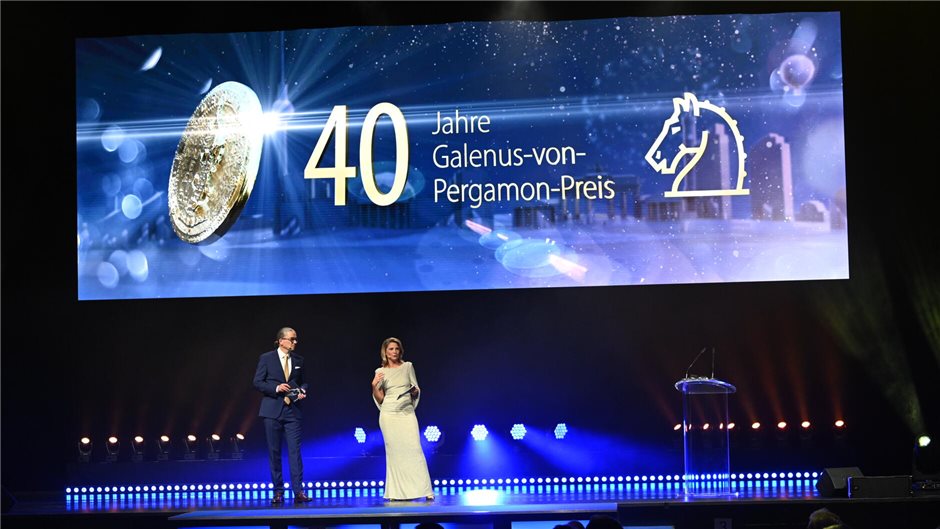
© Marc-Steffen Unger
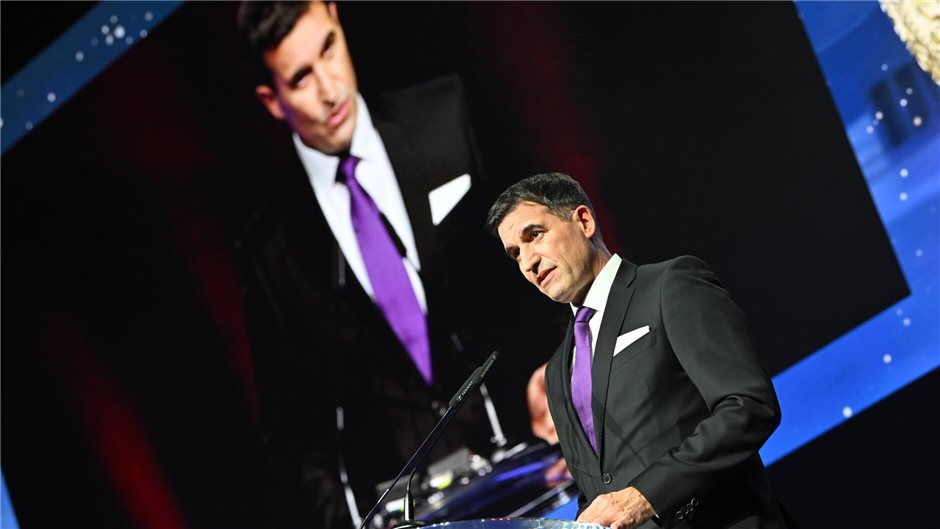
© Marc-Steffen Unger
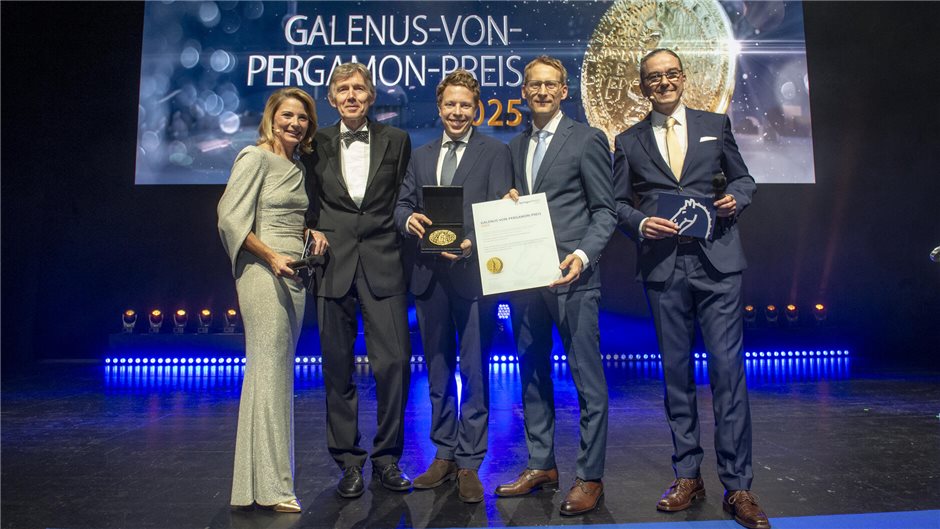
© Marc-Steffen Unger
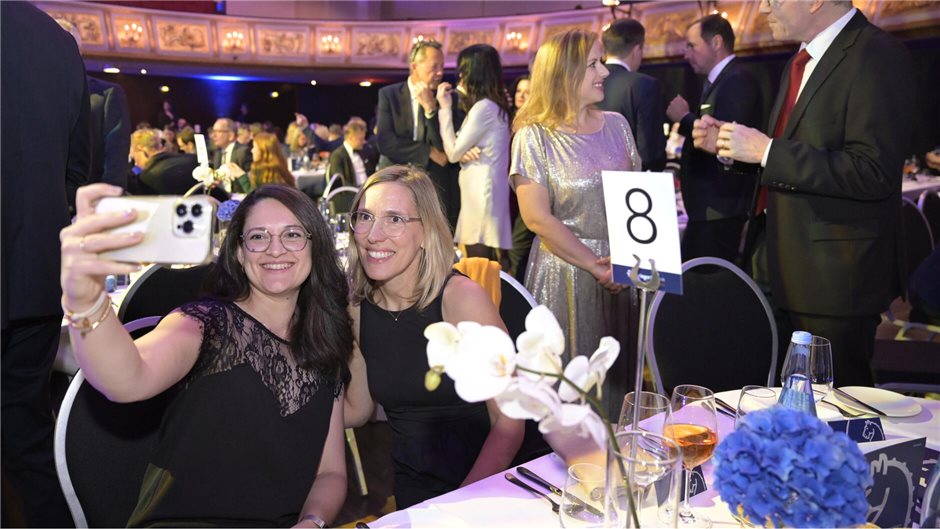
© Jens Jeske
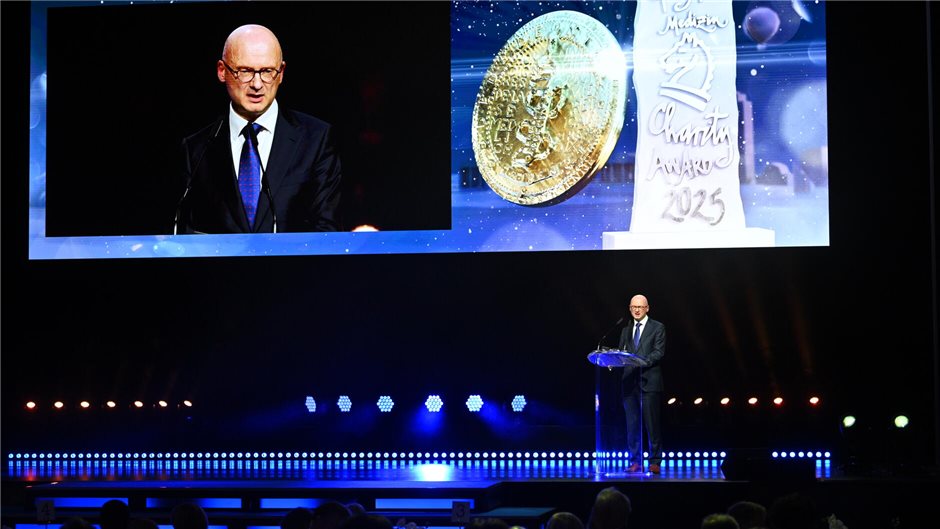
© Marc-Steffen Unger
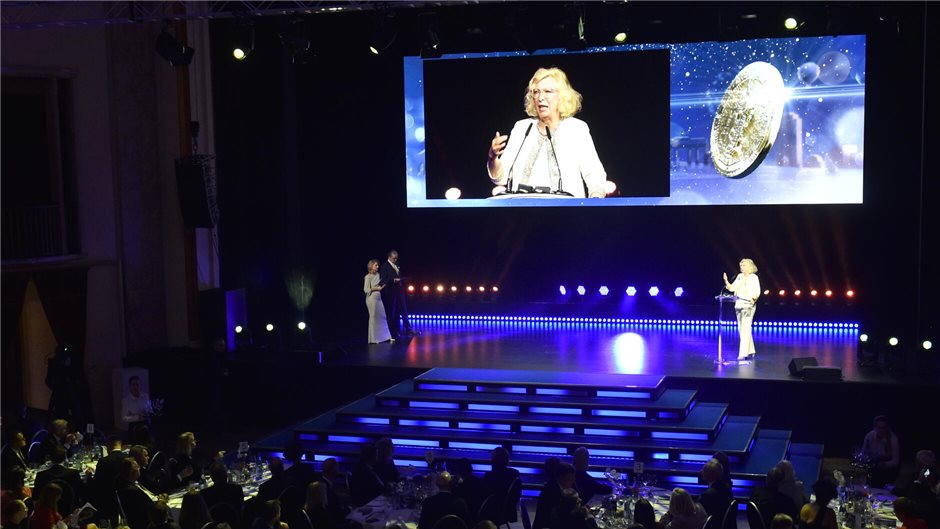
© Marc-Steffen Unger
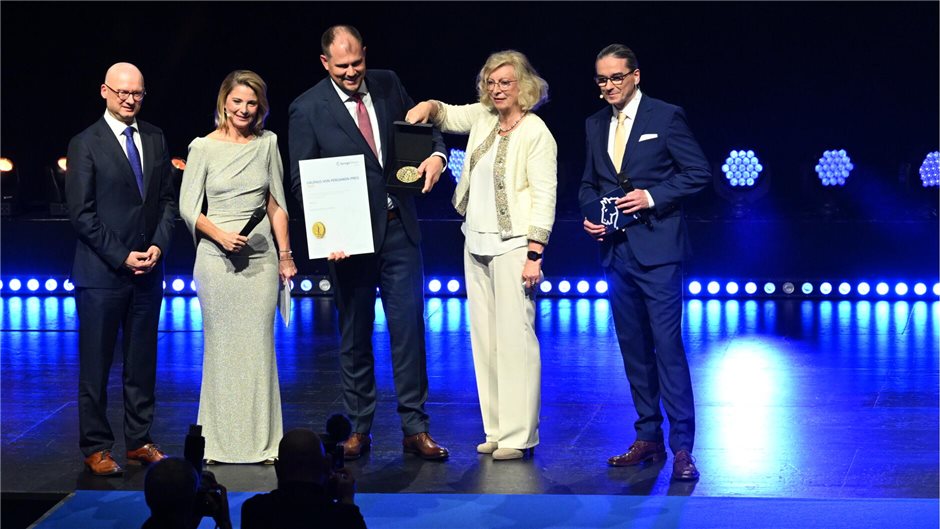
© Marc-Steffen Unger
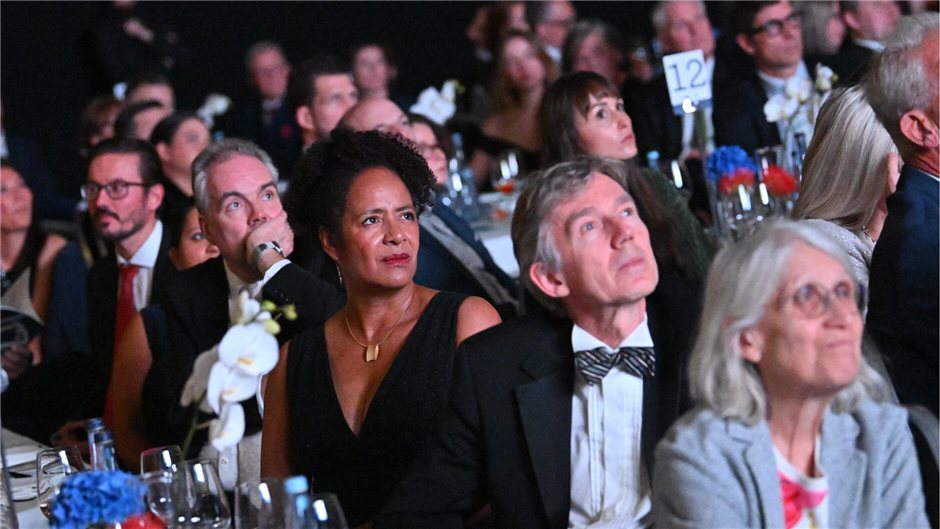
© Marc-Steffen Unger
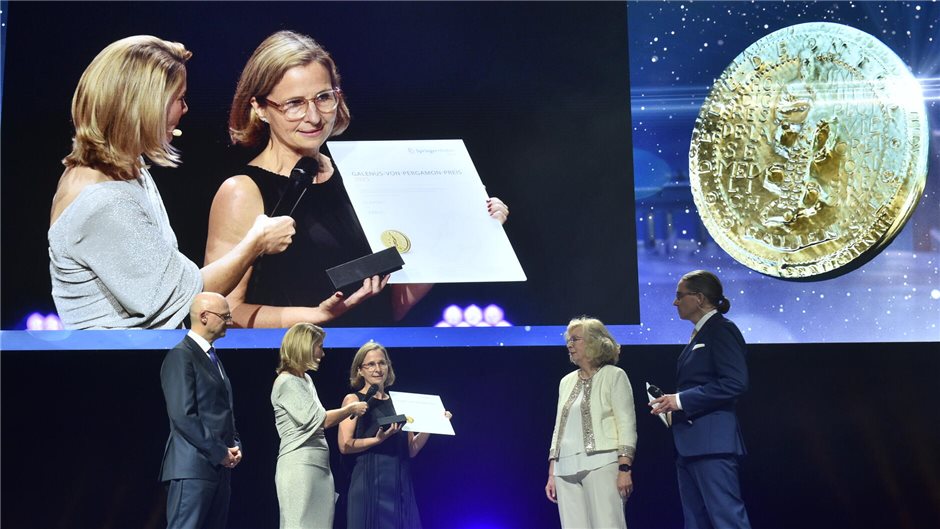
© Marc-Steffen Unger
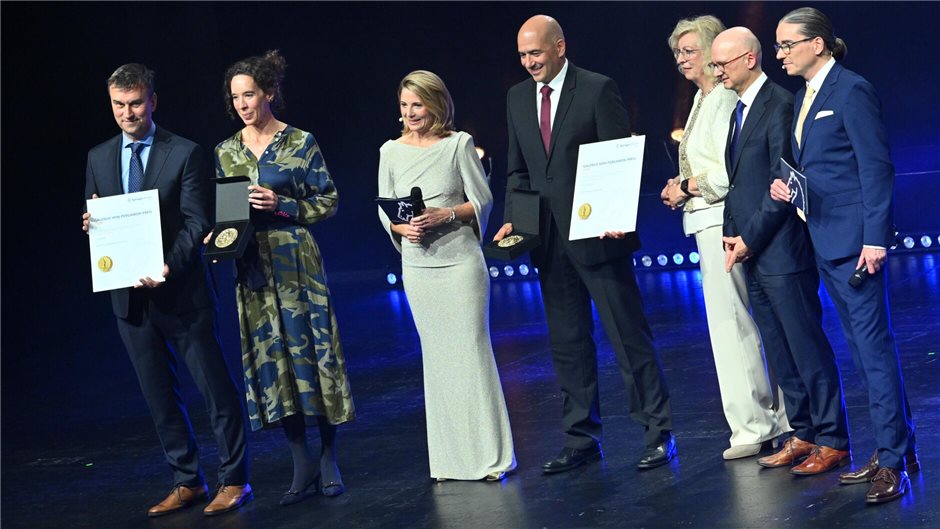
© Marc-Steffen Unger
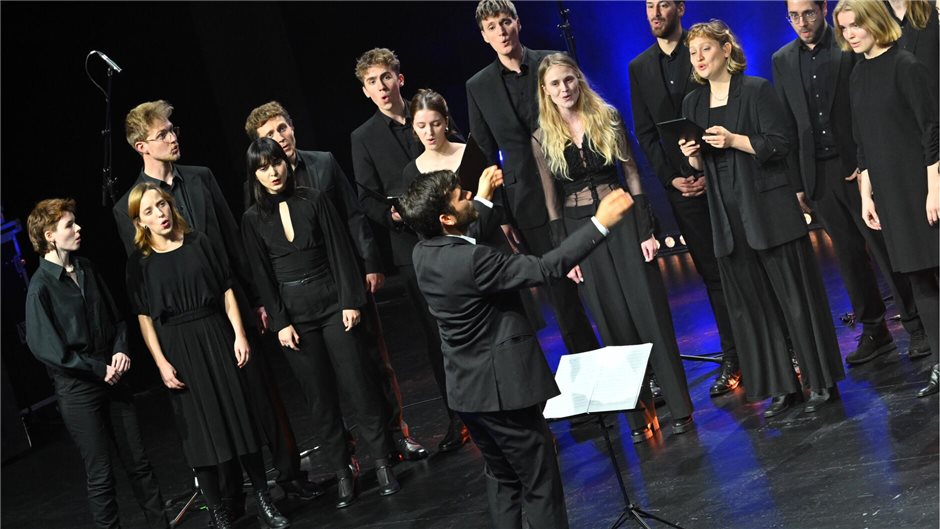
© Marc-Steffen Unger
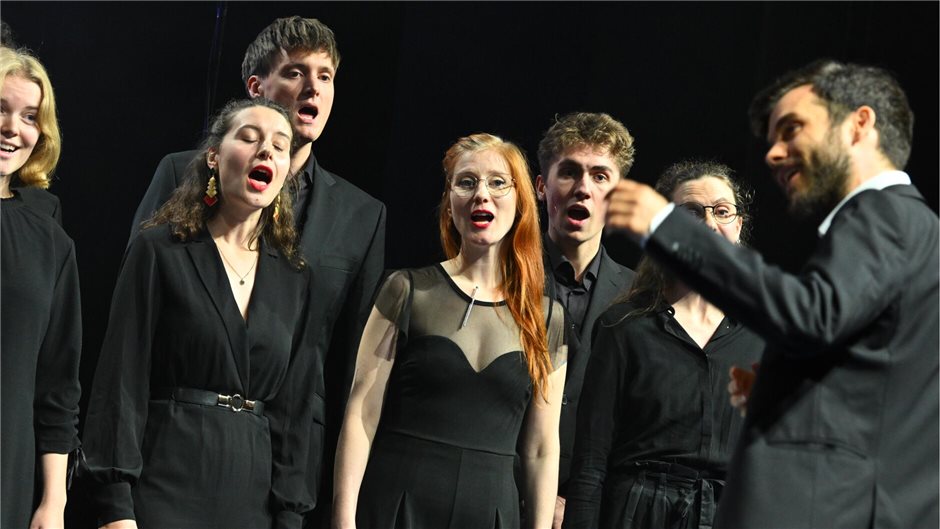
© Marc-Steffen Unger
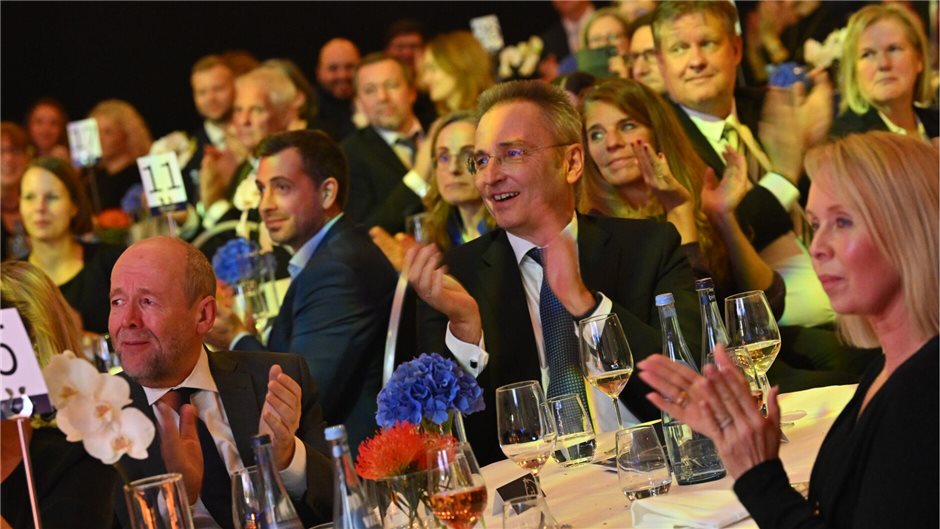
© Marc-Steffen Unger
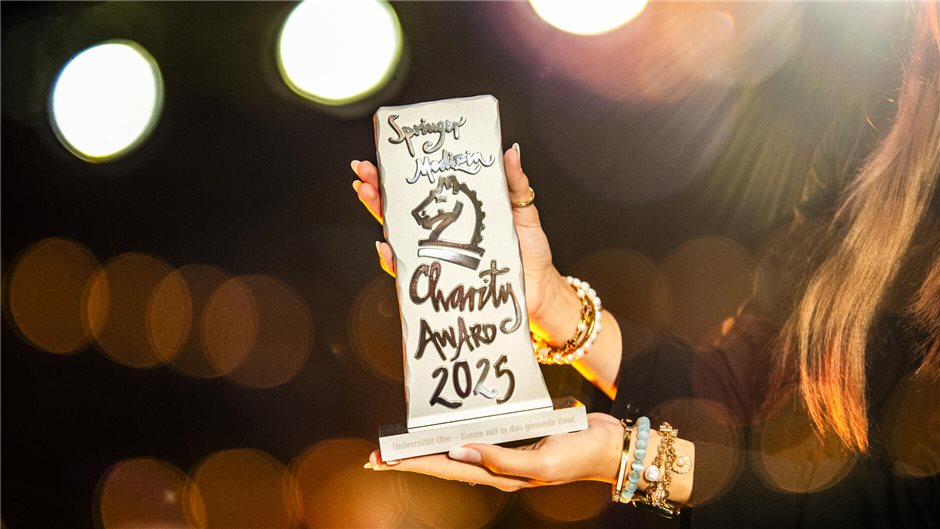
© Marc-Steffen Unger
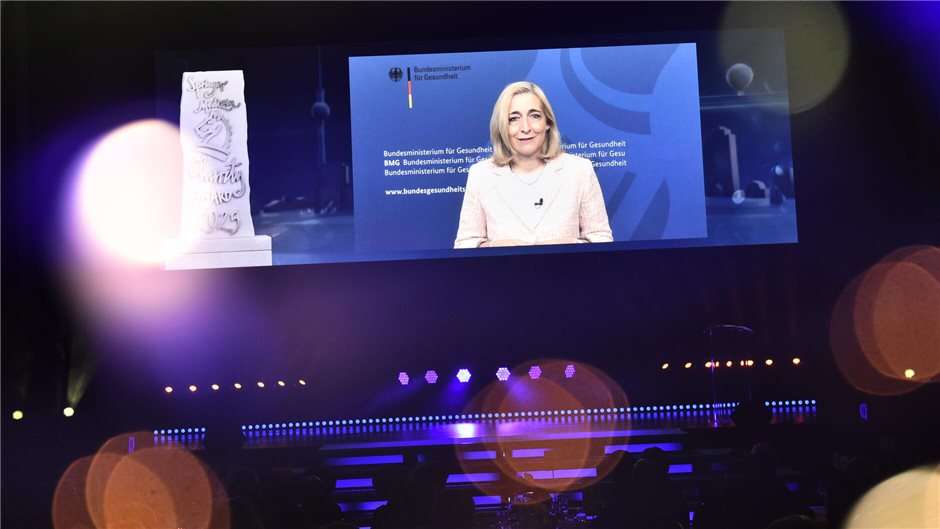
© Marc-Steffen Unger
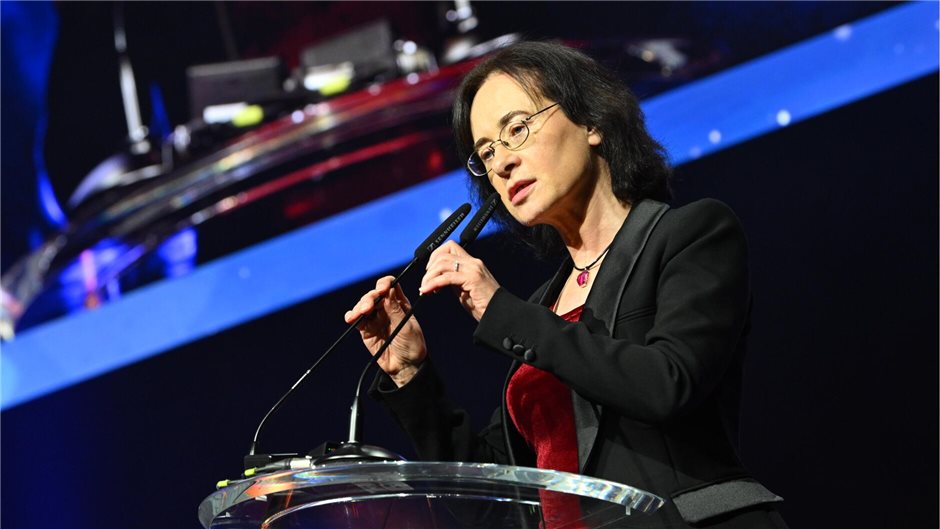
© Marc-Steffen Unger
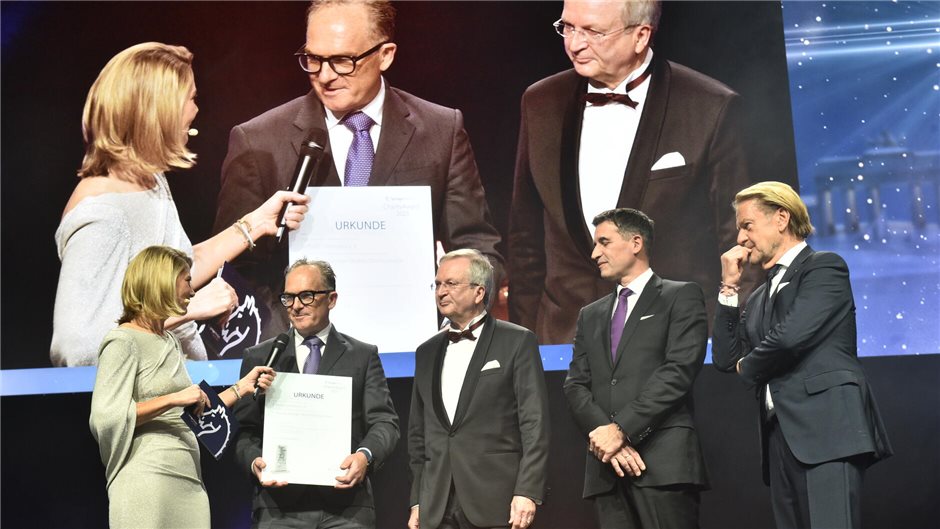
© Marc-Steffen Unger
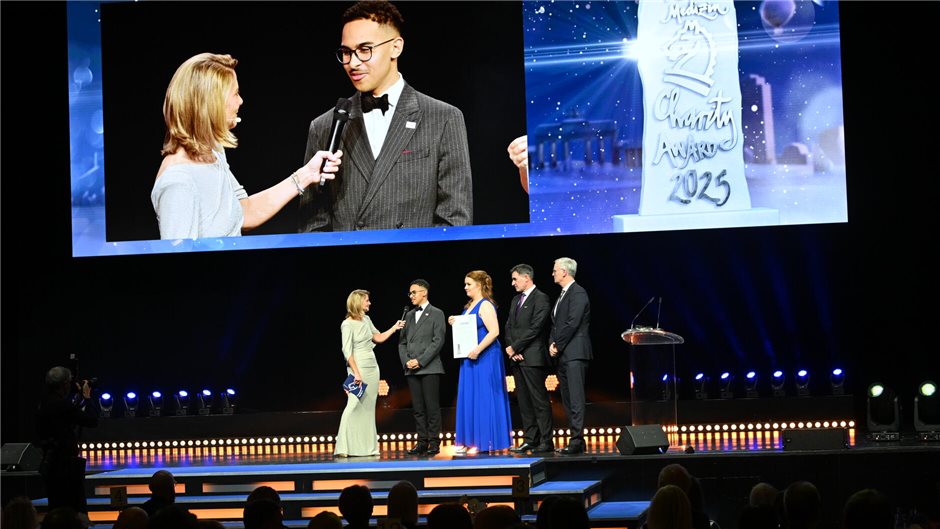
© Marc-Steffen Unger
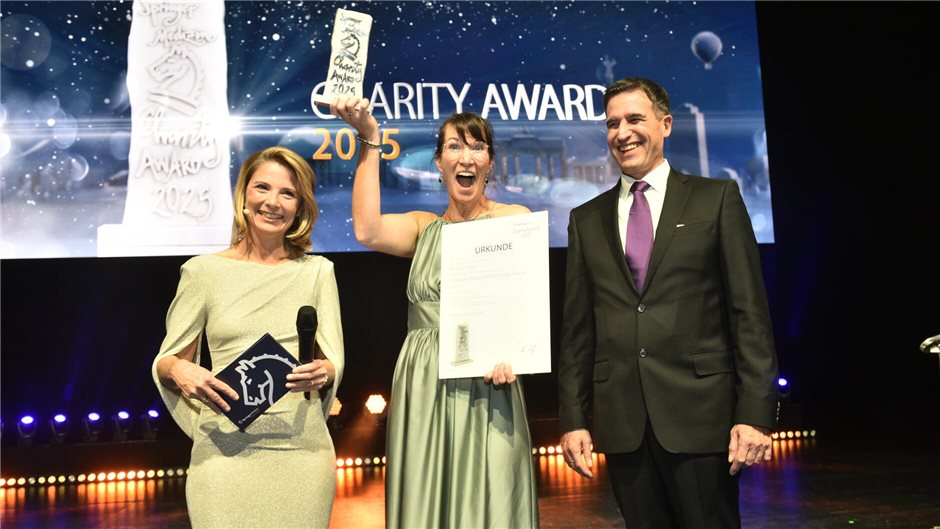
© Marc-Steffen Unger
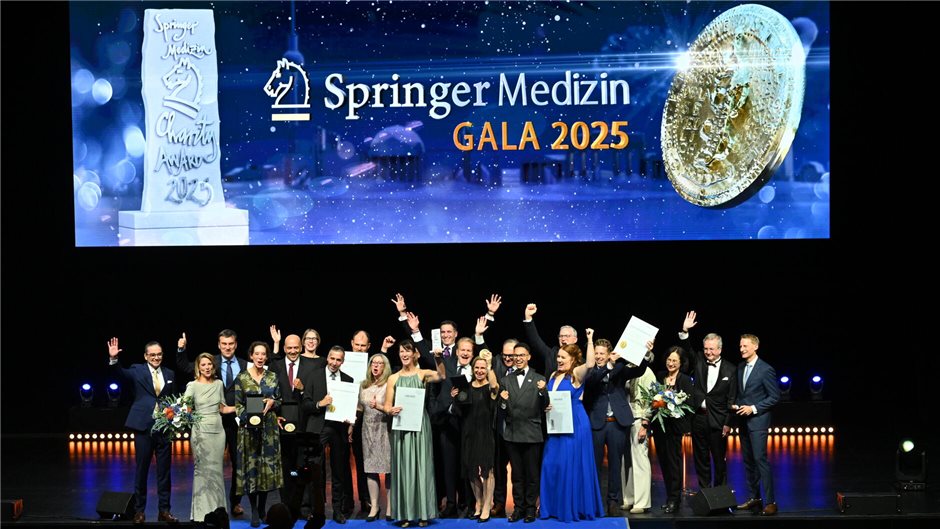
© Marc-Steffen Unger
Project leader Lea-Sophie Kartmann advocated for mandatory refresher courses. "The learning curve is steep, and the guidelines change every five years," Kartmann said. They even visited kindergartens to raise awareness of the topic among even the youngest children, Kartmann reported at the awards ceremony.
" First Aid for All" is a nationwide educational project of the Federal Association of Medical Students in Germany (bvmd) . Participating are dedicated students in healthcare professions – from medicine and nursing to midwifery.
They convey messages that many citizens are unfamiliar with: After cardiac arrest, every second counts. Early resuscitation can save lives – long before emergency services arrive.
Goal: Increase lay resuscitation rateAs multipliers, FAFA aims to spread life-saving measures throughout society. The goal is to increase the rate of lay resuscitation in Germany and establish a culture of helping others.
In 2023, for example, 144 training courses took place in 18 university cities – around 9,400 people were trained, including children, young people, senior citizens, refugees from other countries, and students.
"With the help of resuscitation training, we want to break down existing barriers in society and create a willingness to perform resuscitation and help in general," say project staff. To firmly establish this mentality, students, in particular, will be trained in resuscitation skills. To this end, more and more local groups are being established at various universities throughout Germany to train students locally."
Rule of thumb: Check – Call – PressThe train-the-trainer model enables trained students to independently impart their knowledge and initiate resuscitation training. In free, low-threshold workshops, they teach the simple rule of thumb using resuscitation manikins: Check – Call – Press.
Many bring experience from intensive care or emergency medicine and deepen their know-how in cooperation with anesthesia departments and through certifications from the German Society for Resuscitation.
FAFA is also politically active: The long-term vision is to firmly establish resuscitation training in school curriculums. Together with teachers and supported by educational policymakers, the aim is to make life-saving first aid a matter of course from an early age.
The initiators leave no doubt: With this work, FAFA stands for a society in which everyone can and does help. The message: If the ability to perform CPR becomes as commonplace as the ability to ride a bicycle, this will not only save time in an emergency but also strengthen social cohesion. "The only thing you can do wrong is do nothing," says Tyrese-Malik Neumann-Hamid. Anyone can call the emergency number in case of doubt.
The prize money will primarily support groups that have only recently joined and need support, project manager Lea-Sophie Kartmann announced at the awards ceremony. (fuh)
Arzte zeitung

